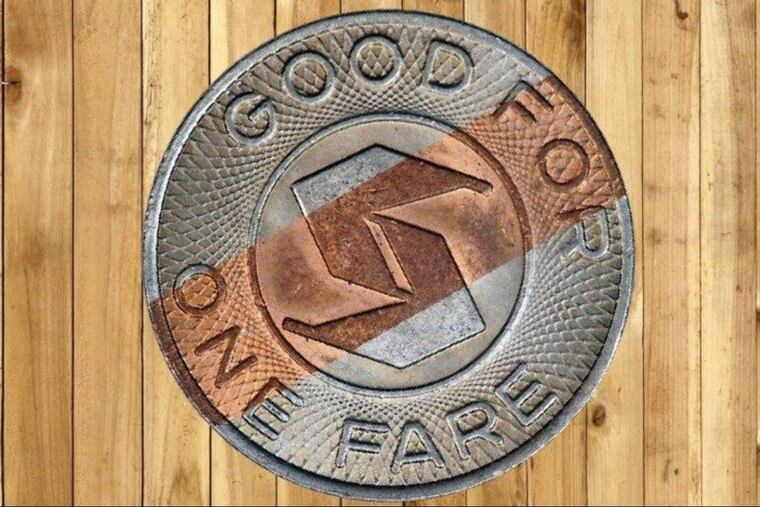SEPTA stops selling tokens to most riders
Here's what you need to know about the end of SEPTA token sales.

Philadelphia is the last big American city that still uses tokens on transit, but Monday marked the last day to buy the coins from SEPTA (with a few exceptions).
The move comes as the transit agency has already removed token vending machines at El and subway stops in favor of the SEPTA Key card and QuickTrips fare tools.
Sales of tokens have plummeted since June 2016, when the Key rollout started. SEPTA was selling 3.5 million tokens per month at the time, compared with just slightly more than one million last month.
Here's what you need to know about the end of token sales:
I have a lot of tokens. Can I still use them beyond Monday?
Yes. SEPTA says it will accept tokens for the "foreseeable future."
Can other businesses still sell tokens beyond Monday?
Yes, retailers such as grocery and convenience stores can still do so. Social service agencies will also continue to be able to receive tokens in bulk.
What other changes is SEPTA making to how I pay for travel?
It will cost $4.95 to purchase a Key card starting Friday, but SEPTA says if you register the card within 30 days of purchasing it, that money can be used toward individual rides.
The minimum amount needed to load funds onto the Key card's travel wallet will also drop from $10 to $5 starting Friday, SEPTA says.
How long has the token been around?
As my colleague Jason Laughlin pointed out in his eulogy for the token:
What if I want to save my tokens for nostalgic purposes?
Go right ahead. As my colleague Patricia Madej pointed out, some businesses have helped turn the coins into necklaces, key chains, and even earrings.